“Hope is not the optimism that things will turn out right. Hope is the soul’s deep orientation to the right, no matter how things turn out.”
-Vaclav Havel, former President of the Czech Republic
In his essay, “A Future Without Hope” (published in Moral Ground: Ethical Action for A Planet in Peril), Michael P. Nelson invites us to give up on hope. He says, when we do that: we are free to act rightly, because it’s the right way to act and not because our actions will move us or the world toward some future expectation. Let’s replace “I hope” with “I resolve to do…” or “I will be this kind of person, live this kind of life.” Focus on virtue rather than consequence. Make commitments that aren’t subject to a fickle and fragile reliance on results. This, I think, is the new ethic in the face of a future without hope. This is the only moral anchor imaginable in the sea change rolling our way.
As we look forward to another spinning revolution of God’s holy rock around a brilliant Sun, I encourage you to consider giving up hope in 2016. As blasphemous as it sounds, it’s what may save us. And I’m sure it’s a much more joyous way to live and probably makes us a lot more humble and much more effective. As you contemplate the newest Year take a few moments to watch the vimeo of 350Eugene’s March during the Paris Summit in the darkest days of December. I find it so full of joyous movement and color and sound that I can’t help but remember why I’m here and why we are so resolved and why this is so Right, so deeply Right.
Re-capture the ecstasy of it.
350 Eugene: Global March for Climate Solutions & Public Art Project, Nov. 2015 from PopMotion Pictures on Vimeo.
I love the words of The Guardian’s George Monbiot in reflection on COP21: “By comparison to what it could have been, it’s a miracle. By comparison to what it should have been, it’s a disaster.” We enter this new day on the wings of miracle and disaster and I pray we don’t lose heart, except it’s exactly that loss of heart that turns us toward each other to join the strength of our hands and carry on.
Our daughter-in-law, Laura Hartzell is a development officer in the Manhattan (NYC) office of the Natural Resources Defense Council (NRDC), so I get their stuff on line. I really appreciate the perspective shared by Brian Palmer of NRDC in reflection on Paris (“Promises, Promises“). To give you an idea of his message, I have condensed his words with very few of my on. He starts by saying “cities, states, and businesses—not just those world leaders in Paris—will save us from climate change.” He says in order to stay below a 1.5 degrees (Celsius) temperature rise, the signatory nations will have to keep their promises and much of the work will rely on individuals, cities and local governments. He names some of the subnational agreements that will make or break the promise keeping.
I share some of them because they sustain a sense of hope and help us see where we can be effectively involved:
- 2,250 cities and 2,025 companies have made commitments. London promised to cut emissions by 60%.
- Swedish furniture giant Ikea committed to sell 500 million energy-efficient LED light bulbs by 2020.
- Banks and investors with assets above $4 trillion promised to increase lending to energy efficiency projects.
Palmer says concerns about implementation watered down the pledges of many nations and it is exactly these subnational initiatives that will demonstrate to the governments how to make a difference.
In the U.S., support of EPA’s Clean Power Plan will go part way to achieving the goal of 26-28% reduction below 2005 levels by 2020, but will fail without subnational accords. Palmer says the most important of these is the Compact of Mayors, launched by former NYC mayor Michael Bloomberg. Participating municipalities agree to generate a full greenhouse gas emissions inventory within one year, create a reduction plan, and set that plan in motion within three years. Over 100 U.S. municipalities from metropolises like L.A. to minnows like Eagle Nest, New Mexico (pop 290) have signed on. Every one of us can be working to get our towns and cities to sign on, inventory our emissions and put plans in motion.
Palmer goes on to say the subnational movement is largely invisible because it is so messy. A taste of that madness is: The Non-State Actor Zone for Climate Change, or NAZCA, which includes more than 10,000 city-state and business level commitments that are hard to see, but essential to the success or failure of what we did in Paris.
Moving into the New Year, Palmer says, just remember two terms: groundswell and champion. Groundswell refers to these subnational efforts that aren’t top-down but ground up. National commitments may spur initiatives by cities, states, and businesses, but successes on those fronts will also show leaders what is possible, spurring them onward in return. The other buzzword is Champion. These are high-profile individuals who push the groundswell forward, financiers, former public officials, and corporate execs who accept responsibility to ensure that those bottom-up initiatives fulfill the top-down commitments.
I give great thanks for Brian Palmer and all those who labor with non-profits and subnational organizations like NRDC, 350.org, and a host of others this world around. We know so much more collectively than any can know alone. Many of us cannot be Champions but each of us can be part of the Groundswell of the People.
For my part, I am going to take Michael P. Nelson’s invitation to heart to give up on hope in 2016. Instead of saying “I hope…,” I will continue to say “I resolve to.” In 2016, I resolve to:
- All Year: keep pursuing the Net Zero Life and sharing the story
- January: Protest the Tesoro Savage Oil Terminal near Vancouver.
- February: Advocate for Cap & Allocation Bill in Salem Legislature.
- May: Rally for Fossil Fuel Free United Methodist Pension Funds
- July: Teach Climate Justice for United Methodist Women at the Oregon-Idaho Annual Conference
- All Year: find Climate Justice allies in my new home town of McMinnville, Oregon.
This year I will not waste my time trying to sustain a blind optimism that things will turn out right. Instead I will reclaim the groundswell of hope that lives inspite of how things turn out. And may it be so. Have a joyous New Year!

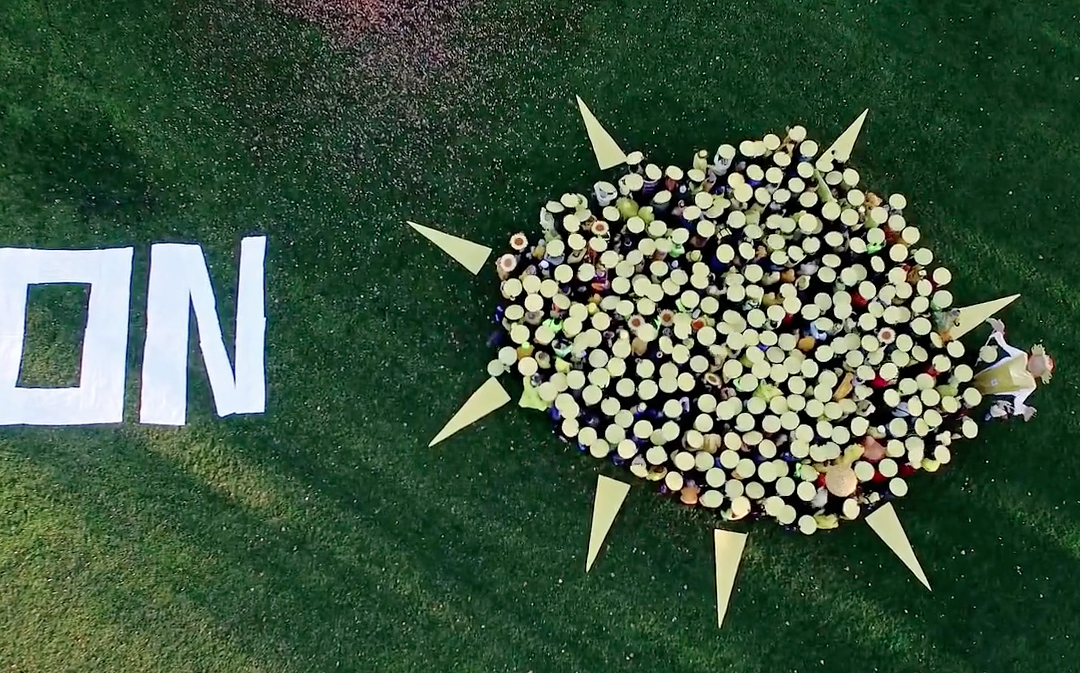
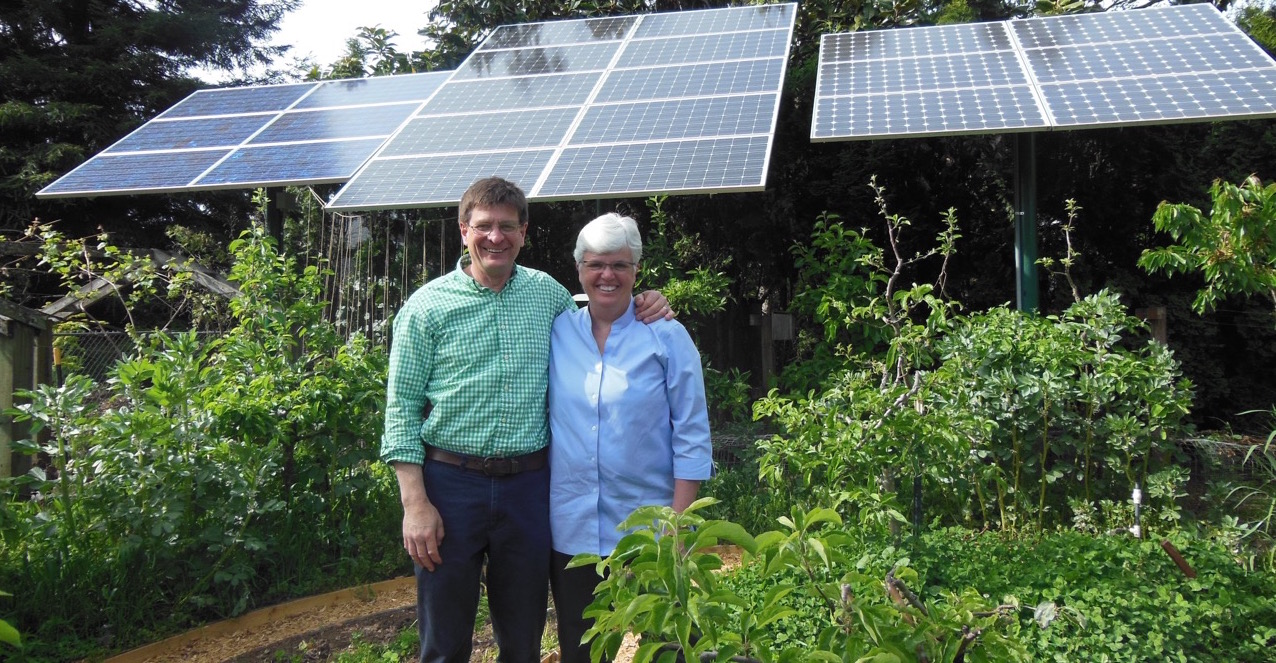


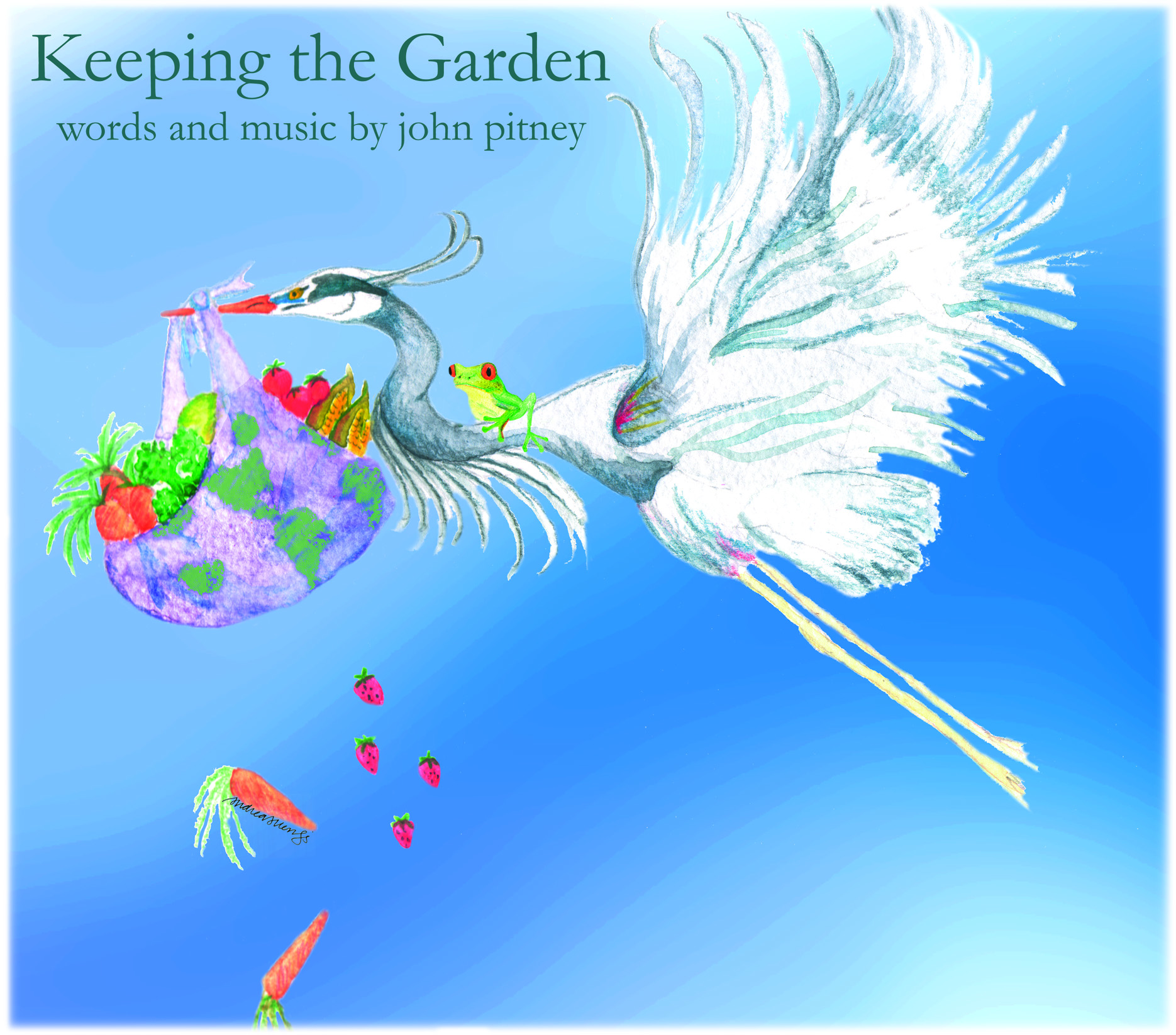

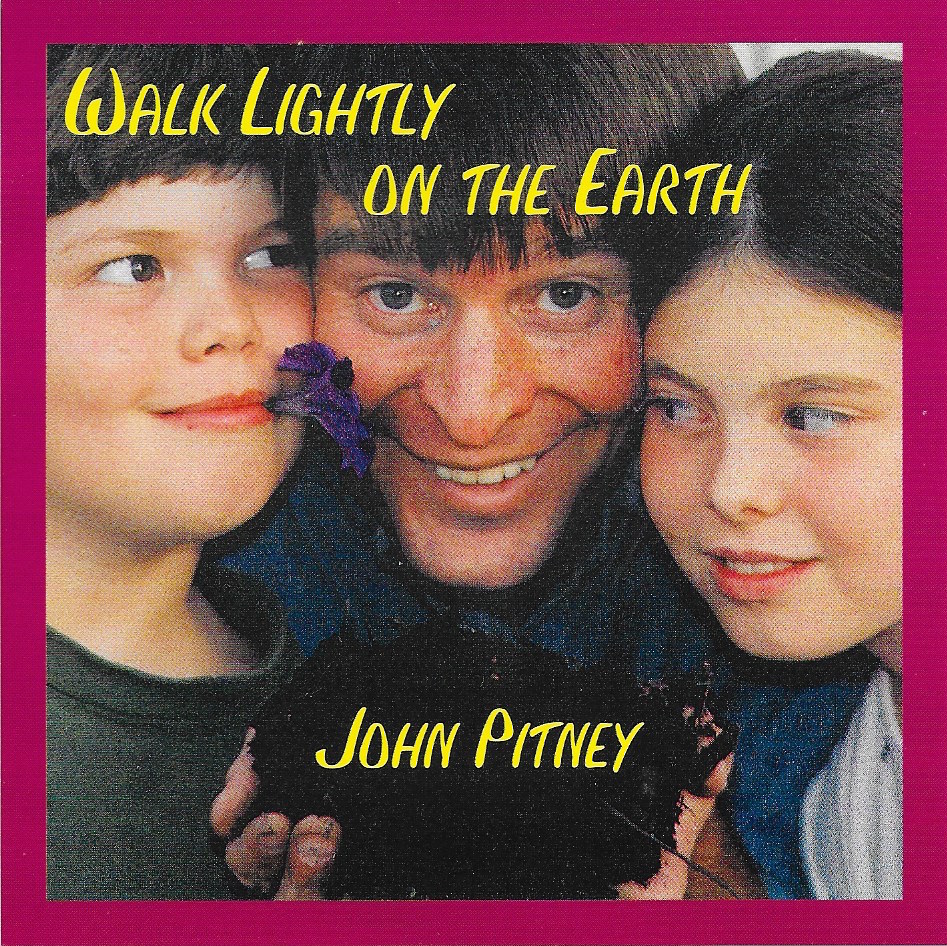
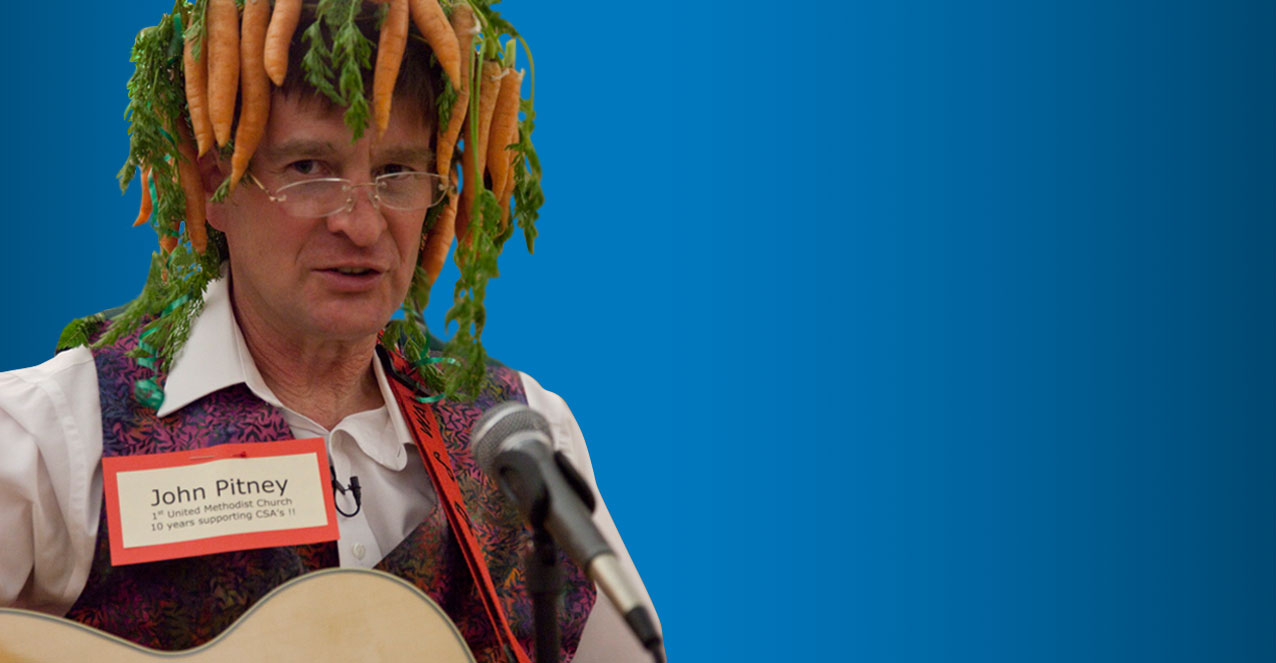
Recent Comments